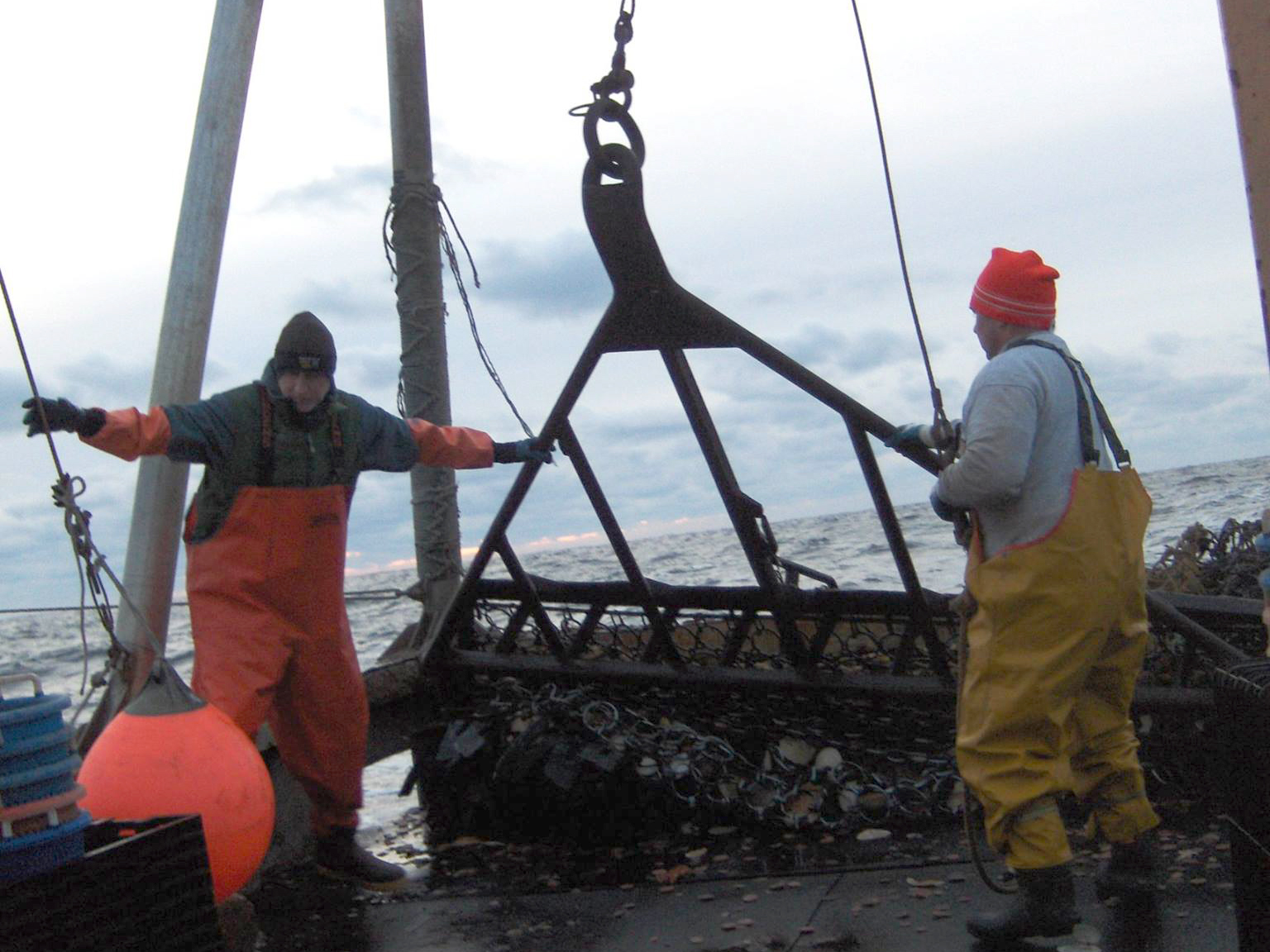Last week, NOAA officials approved in large part a series of recommended changes within the New England Fishery Management Council’s jurisdiction.
The changes were designed to keep the council in compliance with the Magnuson-Stevens Act, which calls on councils to review designated habitat areas and protect those areas so fish can mature and spawn.
Council members had been working on some of the changes for nearly 14 years. Public comments had been accepted on the proposal until last month.
According to the Jan. 3 approval letter sent by John Bullard, the then-northeast regional administrator for NMFS (Bullard retired on Jan. 5), the council’s essential fish habitat designations and habitat areas of particular concern were all approved, as were the council’s groundfish spawning measures and both of the proposed dedicated habitat research areas.
However, NMFS rejected two habitat management area proposals from the council’s plan. One sought to prohibit the use of ground cables and trawl vessels in Cox Ledge and would have also banned hydraulic clam-dredging in the area, located south of Rhode Island and east of Long Island. Bullard said the council’s proposal did not include enough information to show the plan would be effective.
While officials approved the opening of one closed groundfish habitat area in the eastern Georges Bank, they denied a request for a second change in the elevated seabed between Cape Cod and Nova Scotia.
“Overall, the council's recommended changes to Closed Area II and eastern Georges Bank would prevent achieving the amendment's goals and objectives, notably to improve juvenile groundfish habitat protection, and the requirements of the Magnuson-Stevens Act to minimize the adverse effects of fishing to the extent practicable,” Bullard wrote in his letter council Chairman John Quinn.
Commercial fishermen reacted positively to the announcement, which will open some areas thought to be rich in large-sized scallops.
“With yesterday's approval of the habitat amendment, local fishermen and the Fishermen’s Alliance won a big victory for the fleet and the ocean it depends on,” the Cape Cod Commercial Fishermen’s Alliance wrote on Twitter. “Scallopers and Alliance staff visited D.C. to speak in favor of the amendment, which has been delayed for years.”
This article was originally published by Seafood Source and is republished here with permission.







